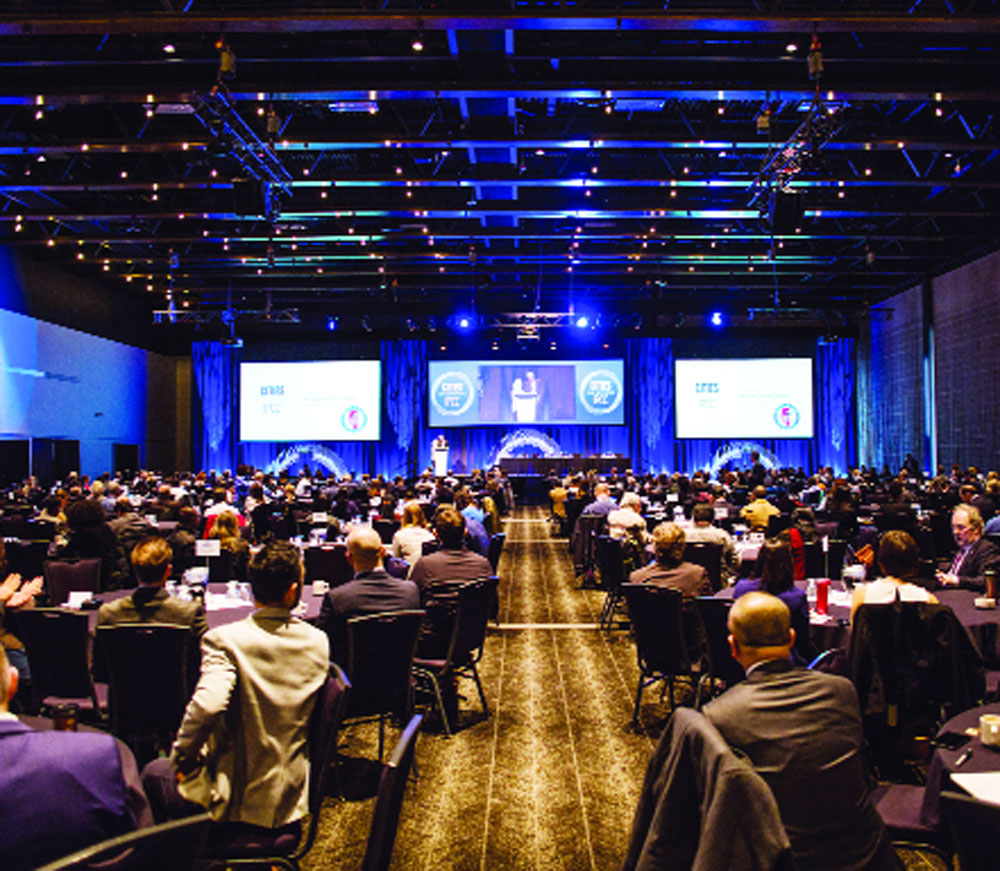It’s good that we are being honest about climate change but only to a point. In the ensuing struggle between scientists and politicians, the executive summary gets toned down
They still haven’t dropped the other shoe. The ‘Special Report on Global Warming of 1.5C’ contains terrifying forecasts about what will happen when we reach an average global temperature one-and-a-half degrees Celsius higher than the pre-industrial average. (We are now at +1oC.) But it still shies away from talking about the feedback, the refugees, and mass death.
The Intergovernmental Panel on Climate Change (IPCC) ordered this special report in 2015, after the Paris climate agreement effectively admitted that the traditional target — stopping the warming before it reaches two degrees Celsius higher — had been set too high. By then, bad things will already be happening.
So all the countries that want to stop the warming before it goes runaway (everybody except the United States) formally kept the ‘never exceed’ target of +2oC, but said that Governments should ‘aspire’ to stop the warming earlier, at +1.5oC. And they asked the IPCC to figure out how hard that would be.
The answer, revealed at a meeting in South Korea on October 7, is: Very hard. We have effectively wasted the past 30 years since the climate change threat first became known and there is now very little time left. In order to skid to a halt, before we hit +1.5oC, we will have to cut our greenhouse gas emissions by almost half (45 per cent) in the next 12 years.
To cut emissions that fast by 2030, we would have to decide to close down all the remaining coal-fired power plants
within the next two years. It would take the next decade to get that done and get the same energy from expanded renewable sources (water, wind and solar), leaving us just on track to reach zero emissions
by 2050.
Climate scientist John Skea, who worked on the report, summed it up: “Limiting warming to 1.5oC is possible within the laws of chemistry and physics, but doing so would require unprecedented changes.” Changes of a scale that people would readily accept if they faced an imminent invasion by Nazis or Martians — but that they are less willing to make when their whole environment is at risk. Humans are funny that way.
The report is a bracing dose of realism in many ways. It effectively says that we can’t afford to go anywhere near +2oC. It talks bluntly about the need to end all fossil fuel use, reforest vast tracts of marginal land, and cut down on meat-eating. It even admits that we will probably have to resort to geo-engineering — ‘solar radiation management’, in the jargon.
“If mitigation efforts do not keep global mean temperature below 1.5oC,” says the report, “solar radiation modification can potentially reduce the climate impacts of a temporary temperature overshoot, in particular extreme temperatures, rate of sea-level rise, and intensity of tropical cyclones.” Pumping sulphur dioxide into the stratosphere is a scary stuff, but so is runaway warming.
So far, so good. At least it’s being honest about the problem — but only up to a point. ‘Not in front of the children’ is still the rule for Governments when it comes to talking about the mass movements of refugees and the civil and international wars that will erupt when the warming cuts into the food supply. And they still don’t want to talk openly about the feedback.
People forget that this is a governmental project run through the United Nations — the Intergovernmental Panel on Climate Change — not just a scientific one. Scientists write the body of the report, but the executive summary (the only part that most policy-makers and journalists will ever read), is negotiated between the scientists and the Governments.
The Governments take climate change very seriously these days, but they worry that too much frankness about the cost in lives of going past 1.5oC will create irresistible pressure on them to take radical action now. In the ensuing struggle between the scientists and the politicians, the executive summary always gets toned down.
What got removed from the summary this time was any mention of “significant population displacement concentrated in the tropics” at +2oC (ie mass migrations away from stricken regions, smashing up against borders elsewhere that are slammed shut against the refugees).
Even worse, ‘tipping points’ are barely mentioned in the report. These are the dreaded feedback — loss of Arctic sea ice, melting of the permafrost, carbon dioxide and methane release from the oceans — that would trigger unstoppable, runaway warming.
They are called ‘feedback’ because they are self-reinforcing processes that are unleashed by the warming we have already caused, and which we cannot shut off even if we end all of our own emissions.
If you don’t go into the feedback, then you can’t talk about runaway warming, and going to four, five or six degrees Celsius higher average global temperature, and hundreds of millions or billions of deaths. And if you don’t acknowledge that, then you will not treat this as the emergency it really is.
(The writer is an independent journalist)
























